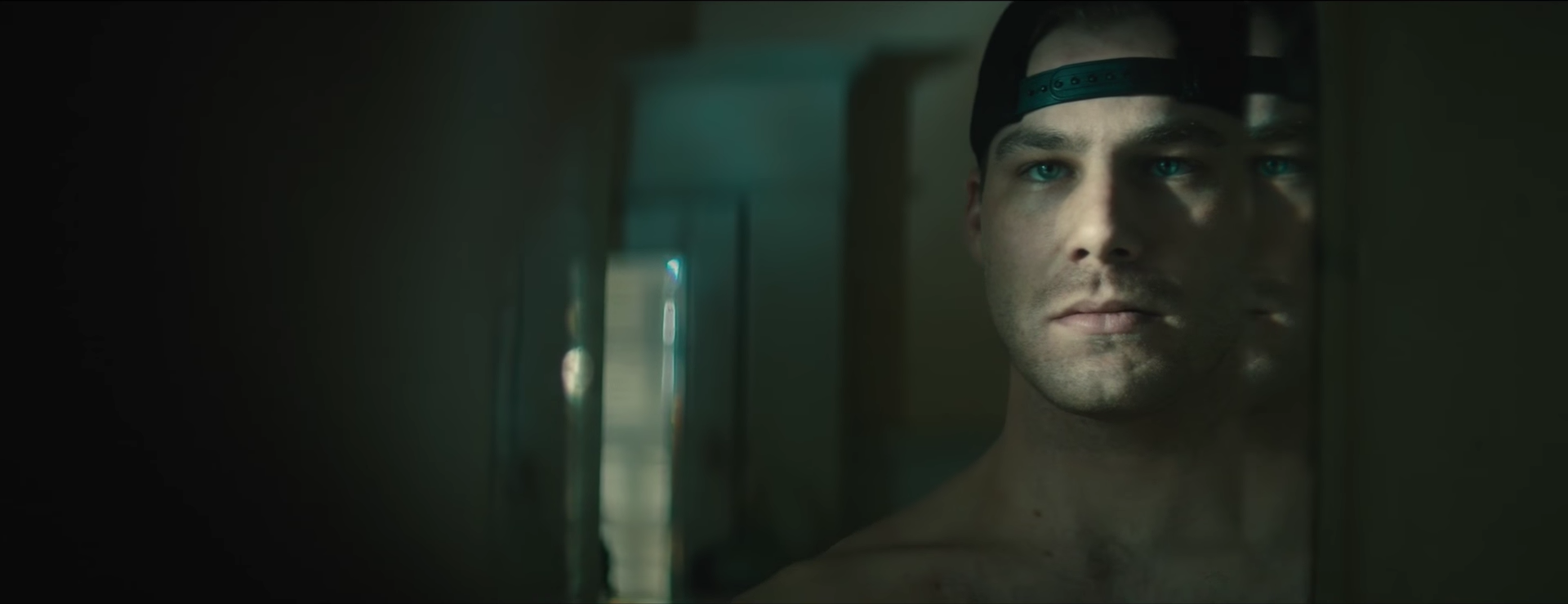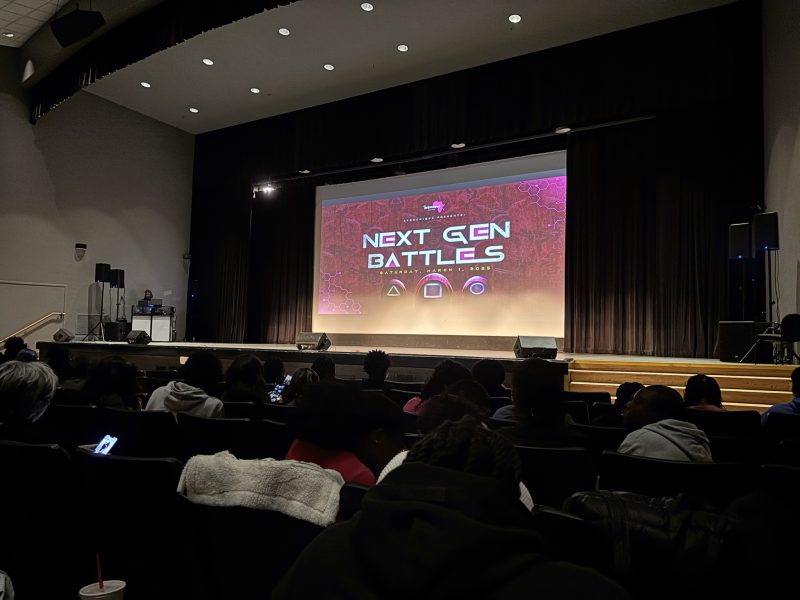It’s slightly curious that “American Male” is the winner of MTV’s ‘Look Different Creator Competition.’ After all, the short film, whose main character is white, straight and male, won a contest focusing on society’s subtle biases against race, gender and sexual orientation. Just over six minutes in length, the film is set in a frat house full of hot girls, excessive liquor and hyper-masculine men. In fact, it’s the perfect set-up to any college party movie, if it weren’t for the running narration and dramatic music indicating that all is not well for our muscular friend. He is both the protagonist and antagonist; a victim of the society he was brought up in, but far from innocent.
“Order beer not wine, and beef not chicken,” the running voice begins.
Our host moves through the house, crushing cans and smiling at friends.
“And no tofu, can’t get more gay than tofu,” the voice goes on.
The concept is based on startling truths. From a young age, boys are taught to talk, act and think in a way that separates them from a somewhat subjective idea of femininity. As youths, they keep track of and self-impose these rules in order to fit in. The film aims to show the tragedy of the cycle — how men become monsters and then teach their sons to do the same.
But it’s a little shocking that this film won. Sure, it’s dramatic, the production quality is high and the concept is easy to follow, but for a film contest about subtle biases, it’s just plain gaudy. The film’s sense of time is unclear but it appears the character starts his afternoon with some light beer pong, works out while slapping himself in the face as a reminder of his manliness and then injects what looks to be steroids into his thigh — all while thinking about how reading makes one soft. There certainly are young men who have similar qualities, but it’s clearly an exaggeration of a stereotype. A touch of realism might go further in showing the damage hyper-masculinity does, and maybe a little nod to the people who are at the receiving end of these traits.
The writing of the narration goes a little further in pointing out unnecessary differences.
“Women hold books across their chests, men hold them at their sides,” the voice says.
The culture of American masculinity certainly needs to be addressed. But the gruesome ending of a gaggle of half-naked frat boys beating each other with a wooden paddle doesn’t offer much of a solution. The narrator blames the people he grew up with for teaching him these behaviors as if he, as the member of the world’s most dominant group, has no power over his own life or actions. It’s ironically sad and begs the question: Is victimizing this character just furthering the problem?



